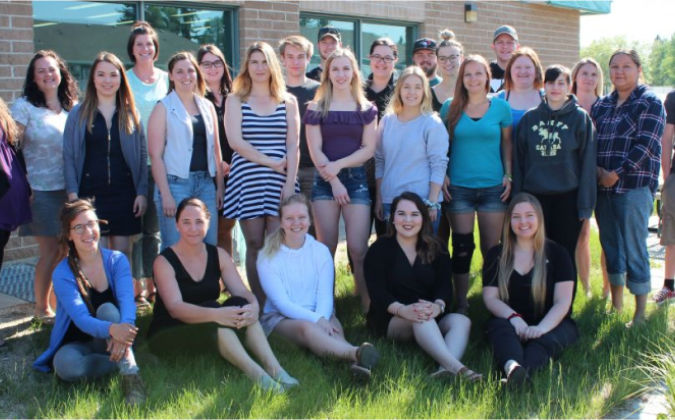
CAMPUS LIFE
Life-long connections are just around the corner
At Suncrest College you receive more than just an education. Our culture promotes the building of life-long connections with both instructors and peers alike.
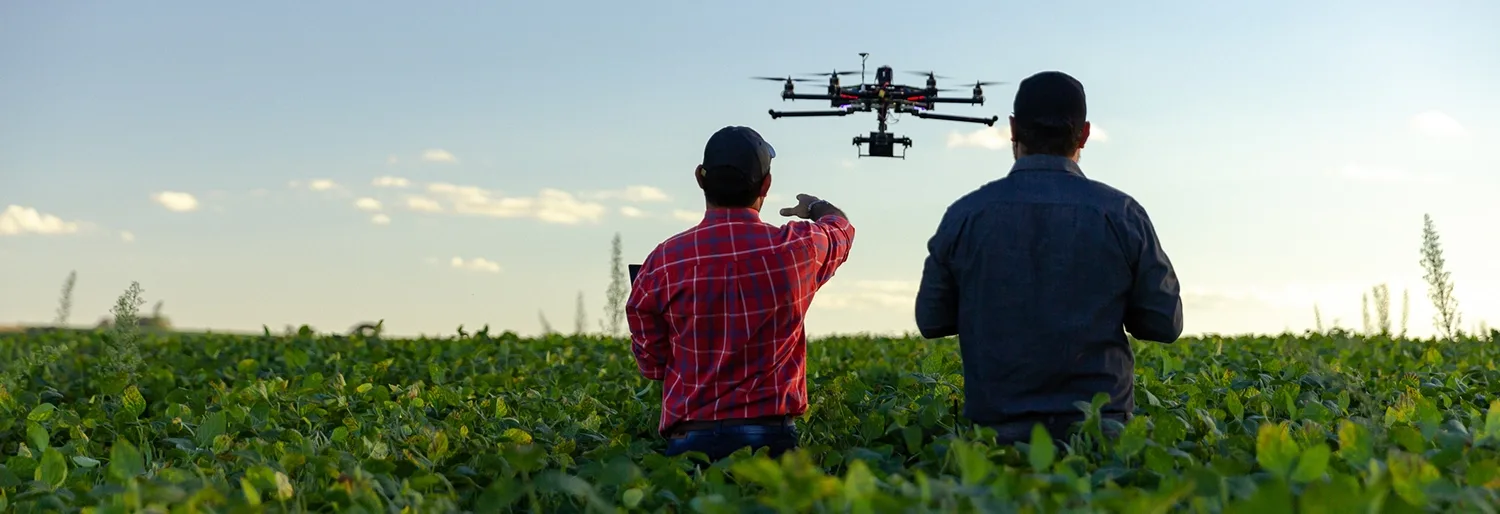
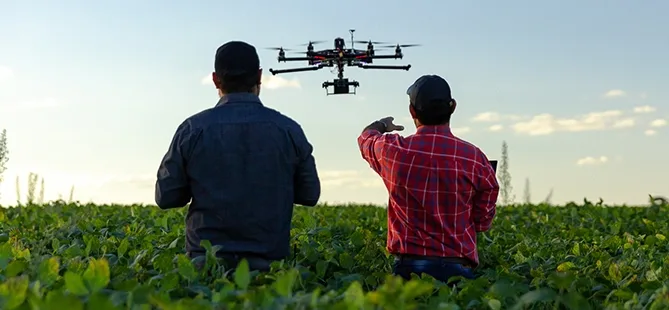


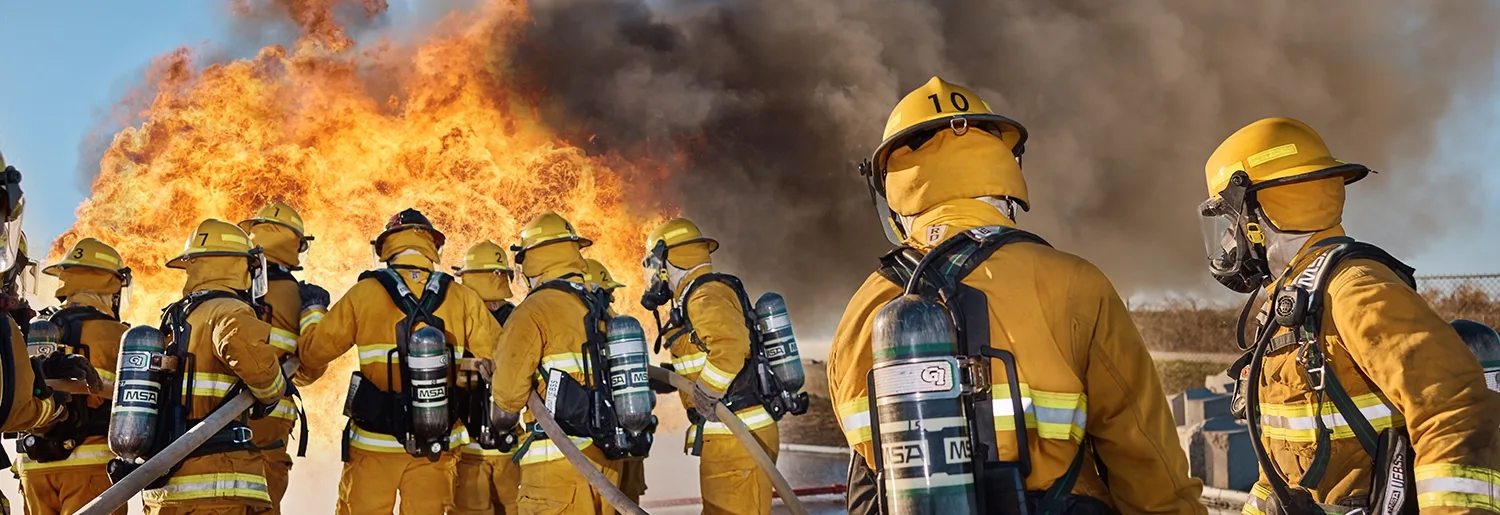



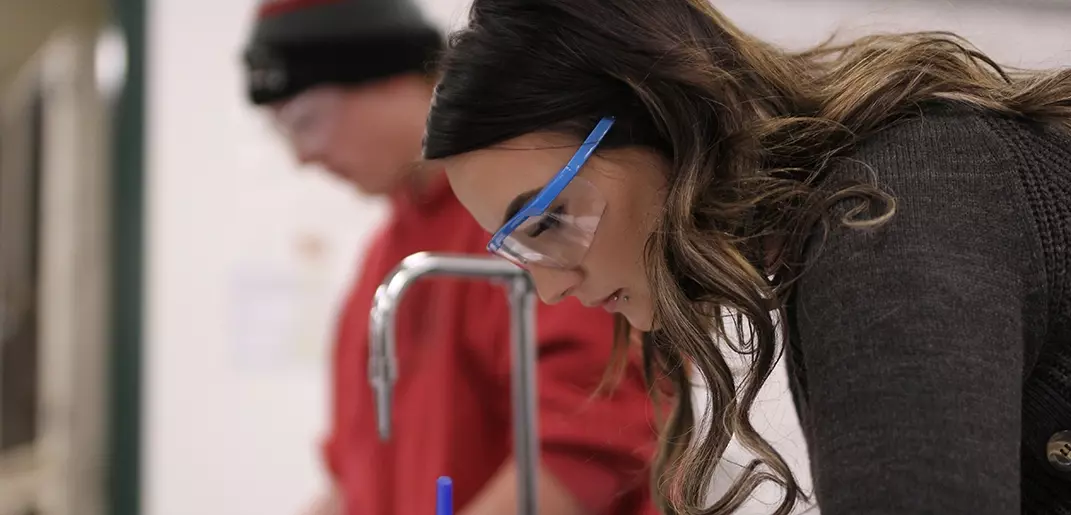
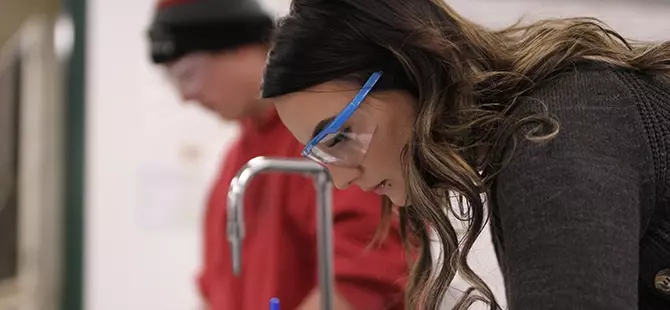

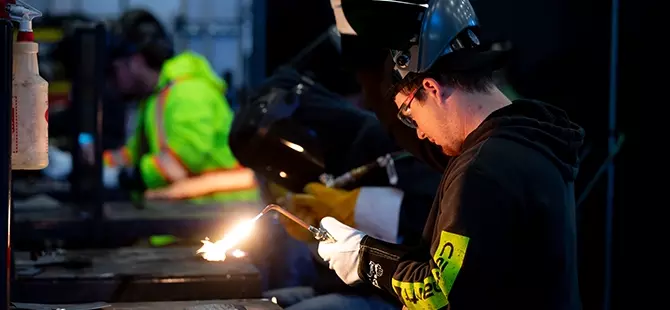

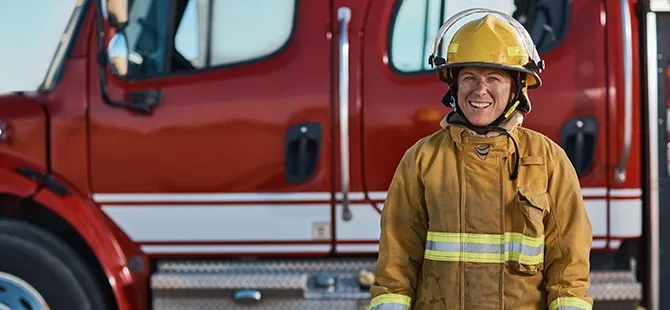
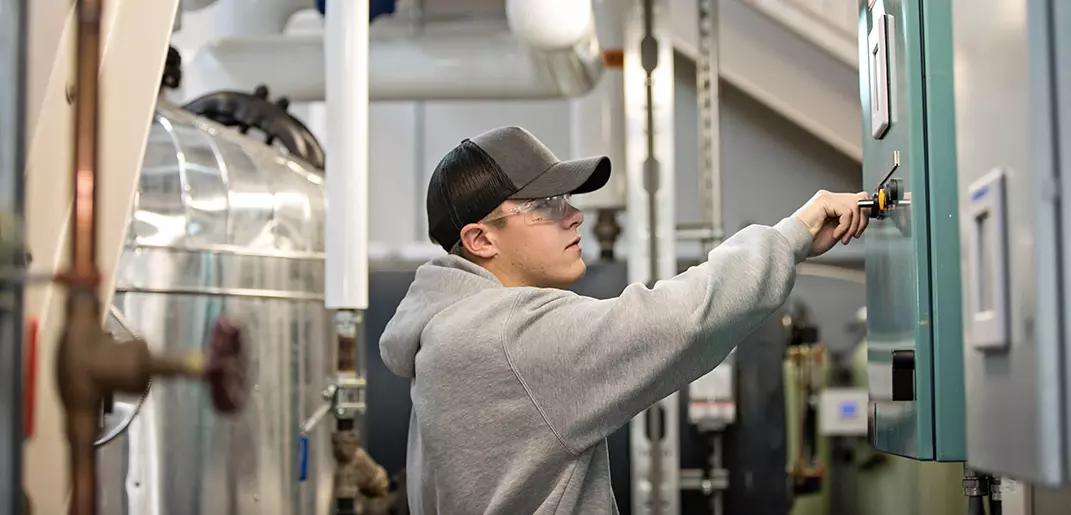
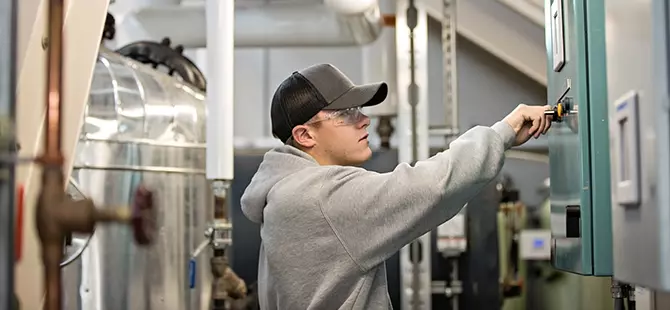




What's New and Starting Soon
Reasons to Choose Us
We’re not just known for being your local choice for education. We’re also known for our quality of learning and how that leads to employed graduates.
10
Percent
Higher Averages When Compared to Larger Class Sizes
#
More
You are more than just a number, we know you by name
$
Spend Less
Learn where you live, spend less on the extras

CAMPUS LIFE
At Suncrest College you receive more than just an education. Our culture promotes the building of life-long connections with both instructors and peers alike.
Please choose your application path based on your residency.
Select this option if you are coming from outside of Canada.
Select this option if you are currently a permanent resident of Canada.
Unsure which option to select? Check out our FAQ centre for support.


